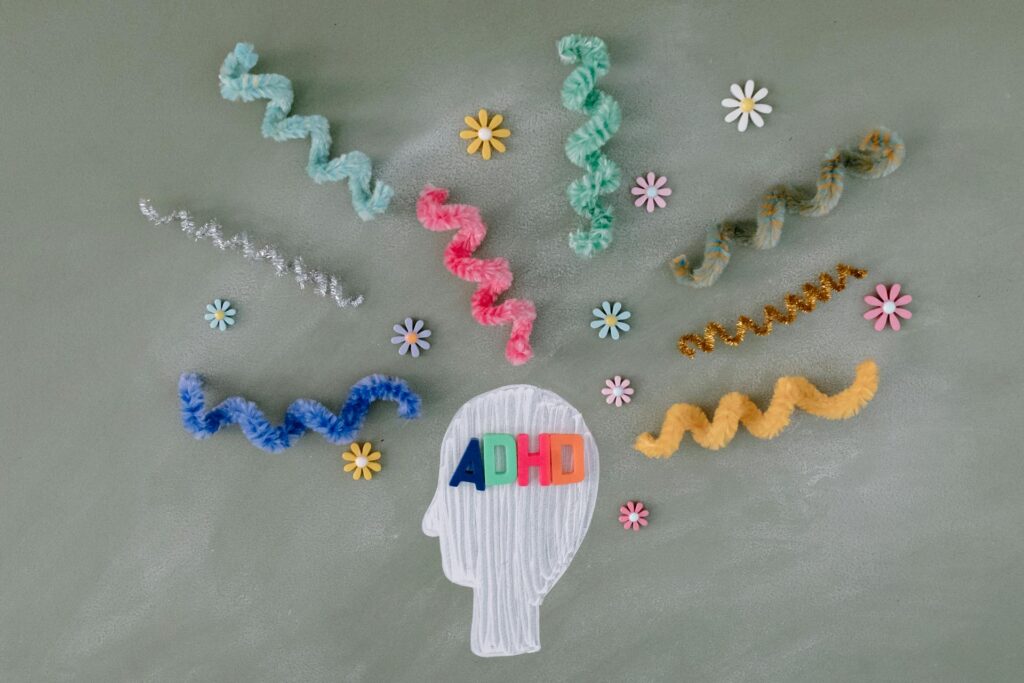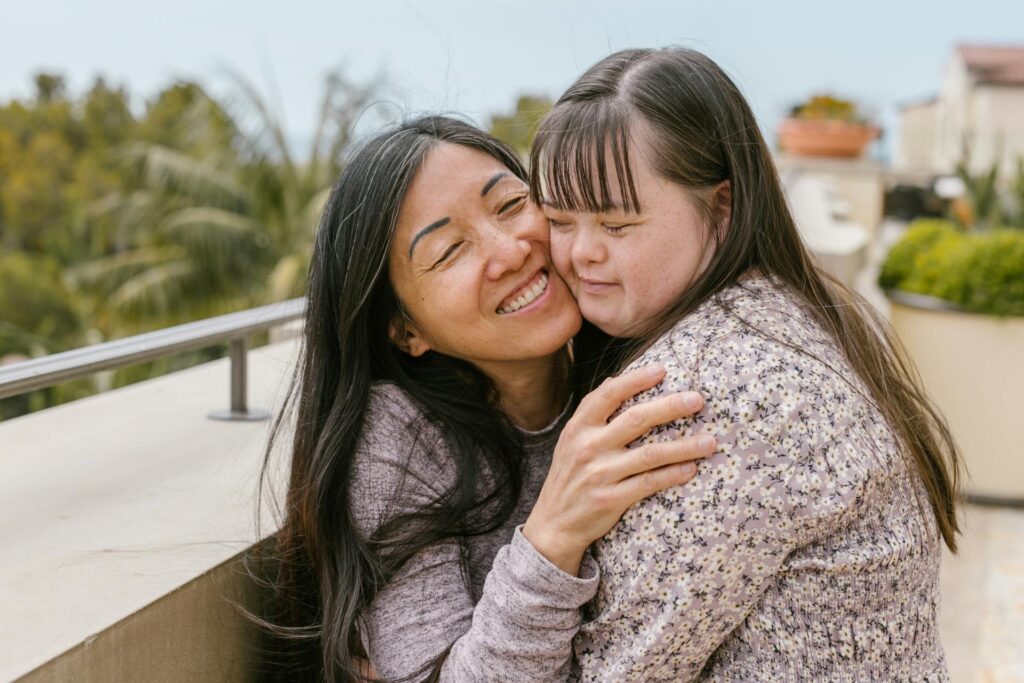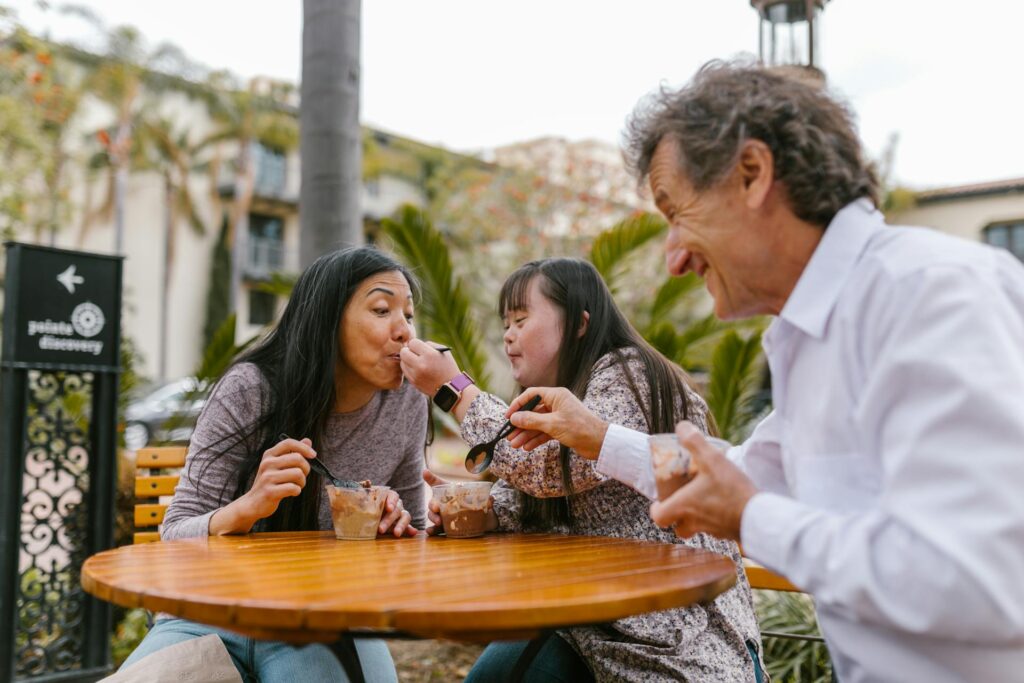ADHD

Finding Focus
ADHD Treatment in Los Angeles, CA, with Dr. Hughes
Teens and young adults with attention deficit hyperactivity disorder often have trouble paying attention or controlling impulses. They may make rash decisions without thinking through the consequences first. They may also exhibit signs of excess energy and hyperactivity. These are common signs of attention deficit hyperactivity disorder, a condition that is treatable with behavioral techniques, medications, or a combination of the two.
To learn more about how NeoPsych can help, we invite you to call 213-433-2823 to schedule a consultation today.

Signs and Symptoms of ADHD
Attention deficit hyperactivity disorder is usually diagnosed during childhood but is also quite common in adults. Symptoms don’t always resolve with growth and maturity. Many teens continue to experience difficulties into adulthood. Therapy and other treatment options can reduce the symptoms of attention deficit hyperactivity disorder to make the condition much easier to manage and live with. Common signs of ADHD include:
- Frequent daydreaming
- Forgetfulness
- Losing items
- Risk-taking
- Difficulty getting along with others
- Difficulty holding still (squirming and fidgeting)
- Talking too much
- Easily distracted
- Poor organizational skills
The symptoms of ADHD manifest differently for everyone. If you are struggling with work, school, or personal interactions, we encourage you to schedule a first visit at NeoPsych.

How Is ADHD Diagnosed?
Like most mental health conditions, there’s no single or simple test to diagnose attention deficit hyperactivity disorder. The symptoms are similar to those associated with depression, anxiety, sleep disorders, etc. To get a proper diagnosis and customized treatment solutions, it’s necessary to consult with a qualified mental health professional first. Getting evaluated is the next step. Once we know what we’re working with, we can explore the many treatment options available.
The C.U.B.E. Approach to ADHD Treatment
The C.U.B.E. believes strongly in the benefits of behavioral management.
Our therapists use the American Psychiatric Association’s Diagnostic and Statistical Manual, also called the DSM-5, to diagnose teens and adults with ADHD and other conditions. The manual outlines specific behaviors that are typically present in patients with this condition. To receive a diagnosis of ADHD, a patient must exhibit several diagnostic criteria with symptoms lasting more than six months and interfering with daily life.
Attention deficit hyperactivity disorder can share symptoms with other disorders. It is also seen concurrently with conditions like oppositional defiant disorder, conduct disorder, learning disorders, and anxiety.
C
Connect - We work hard to build a relationship with our patients. A strong relationship is the foundation for treatment success.
U
Uplift - The C.U.B.E. helps patients to see the good in themselves and their situation.
B
Build - Challenging situations can be overcome with the right tools. Our therapists teach patients strategies for dealing with complex situations. These tools help patients during the therapy process and beyond.
E
Empower - Self-sufficiency is the end-goal of therapy. We show patients that they can do difficult things by empowering them to thrive on their own. Combination treatment can be extremely beneficial when used in conjunction with other treatment options, including behavioral therapy.
Medications and Attention Deficit Hyperactivity Disorder
Medication is commonly used to treat ADHD, but it isn’t always necessary. Many teens and young adults experience dramatic improvements with behavioral techniques that enable them to lead more organized, productive, and happier lives.
If medication is thought to be necessary, one of our therapists will discuss your options in detail, which might require a formal evaluation. Commonly used medications to treat ADHD include:
Stimulant Medications
Stimulants are fast-acting medications that often are prescribed for attention deficit hyperactivity disorder in children and teens to help control impulsivity and hyperactivity.
Non-Stimulant Medications
FAQS: ADHD Treatment in Los Angeles
Every patient is different, and treatment timelines vary dramatically. NEO Psych can give you a better idea of what to expect from your treatment during your first few visits. Many patients start seeing changes immediately as they learn new techniques and start incorporating positive changes in their lives.
Our goal is always patient self-sufficiency. This process can take time but does happen for most of our patients. NEO Psych will teach you valuable tools that you can continue to use long after your treatment is complete.
ADHD symptoms can resolve on their own or may last into adulthood. NEO Psych can teach strategies for managing ADHD. Everyone has struggles, but with the right tools, someone with ADHD can thrive.

